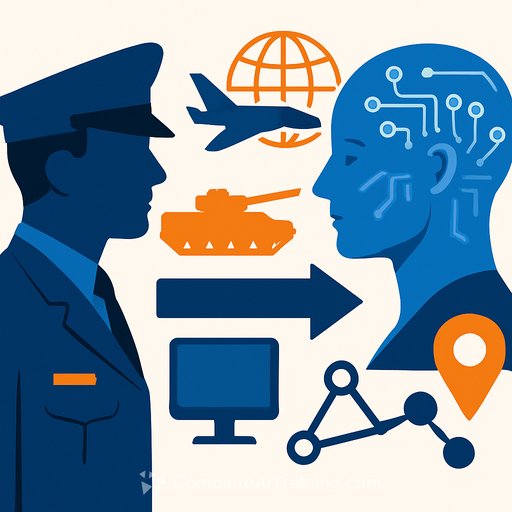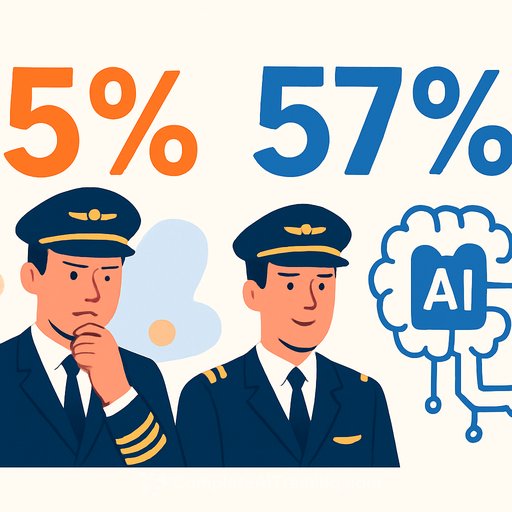Agentic AI Set to Transform Defense and Intelligence Strategies
Agentic artificial intelligence (AI) is poised to significantly influence U.S. defense strategy and allied military operations. ECS executives Karthik Srinivasan, vice president of defense and intel strategy, and Austin Amaya, director of analytics and AI, emphasize that the adoption of agentic AI by U.S. adversaries is accelerating. This technology enables rapid decision-making, coordinated actions across multiple domains, and reduces human risk in high-stakes military missions.
What Makes Agentic AI Different?
Unlike traditional AI, which follows predefined instructions to perform specific tasks, agentic AI adapts to new scenarios autonomously. It learns from interactions and creates new tools to improve its effectiveness. This capability enhances both offensive and defensive military operations, including autonomous drones and cyber warfare tactics.
Agentic AI excels at processing vast and varied data sources—satellite images, intercepted communications, social media, and financial transactions—much faster than conventional AI. This ability positions agentic AI as a critical asset for intelligence analysis, enabling faster, more accurate insights that support national security and policy decisions.
Practical Applications in Intelligence
The National Geospatial-Intelligence Agency (NGA) is actively exploring AI-driven methods to predict threats. By integrating advanced AI reasoning into its Maven program, which processes imagery and video, NGA aims to detect both known and emerging risks. ECS has been a key AI interoperability integrator for Maven since 2017.
Srinivasan and Amaya highlight that agentic AI represents a significant leap forward—not just a new tool, but a transformative capability that will define the future of defense and intelligence dominance. Leading in AI-driven warfare is expected to be a decisive factor in future conflicts.
Challenges and Ethical Considerations
Deploying agentic AI introduces complex challenges. Ethical oversight and human governance are essential to manage risks such as system vulnerabilities and misuse. Without proper controls, the technology could escalate conflicts or cause unintended harm.
Global cooperation is crucial to establish guidelines and prevent catastrophic outcomes. ECS executives stress the importance of balancing technological advancement with responsible stewardship to ensure agentic AI benefits national and allied security.
- Agentic AI enables adaptive, autonomous decision-making beyond traditional AI capabilities.
- It improves multidomain coordination and reduces human risk in military operations.
- Processing diverse, large datasets rapidly enhances intelligence analysis and threat detection.
- Ethical oversight and international collaboration are necessary to prevent misuse.
For executives and strategists aiming to understand AI’s impact on defense, exploring advanced AI training and courses can provide valuable insights. Comprehensive resources are available at Complete AI Training to deepen knowledge on agentic AI applications and governance.
Your membership also unlocks:






